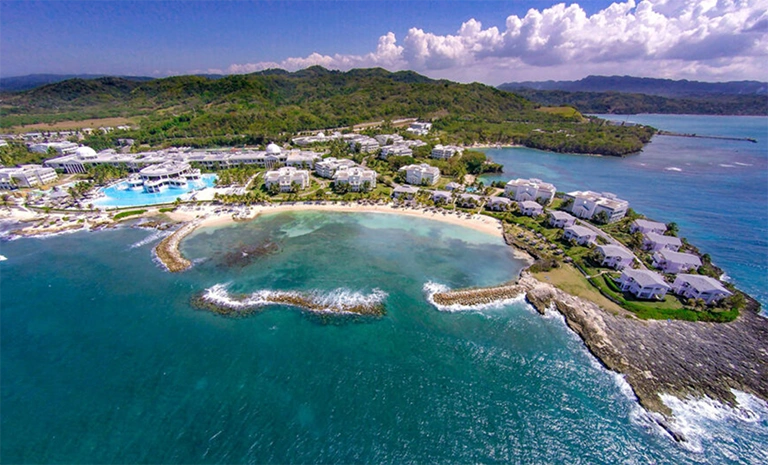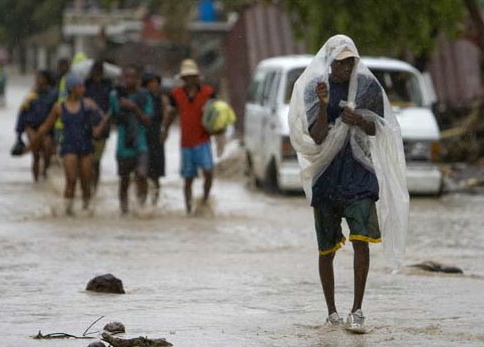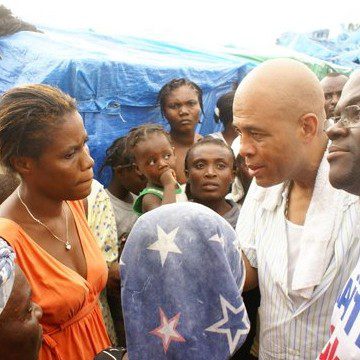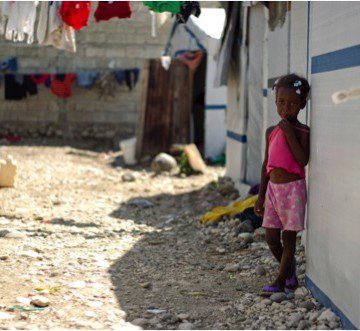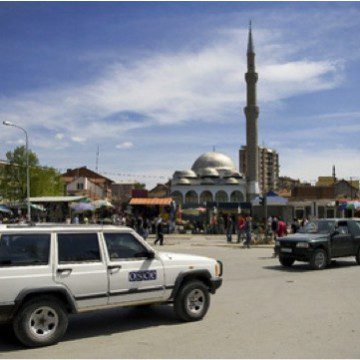Interview with Radio Soleil’s Ricot Dupuy on Martelly, Reconstruction and UN Cholera
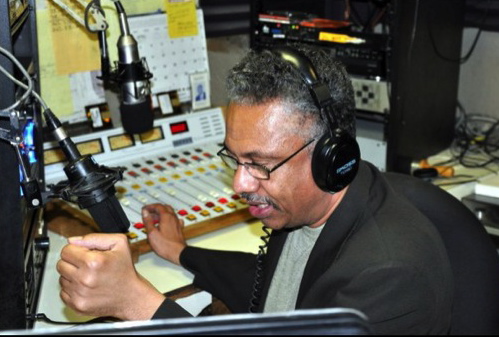
By Alexander Britell
Three months after new President Michel Martelly took office in Haiti, the country is still without a prime minister, and accordingly, without a government. Haiti’s political situation has drawn the attention of a number of world organizations (and US politicians) who have called for an end to the stalemate. Questions over the future of Haiti’s reconstruction are especially prevalent in the Haitian diaspora, where New York-based Radio Soleil D’Haiti is one of its leading voices, led by Ricot Dupuy, the station’s manager and co-owner. Caribbean Journal talked to Dupuy about the political situation in Haiti, why Martelly drew so much initial support and the UN’s role in bringing cholera to the country.
How would you describe the current political situation in Haiti?
Well, it’s clear that we’ve lost several months in setting up a new government. As it is right now, technically there’s no government in Haiti, because the government is the ministers and the prime minister. The naming of the prime minister is the task of the president, and the president has not been able to do that for three months because, in my view, he thought he could impose his way on the process. So after wasting time, he’s realizing now that the constitution is very, very clear — and it has to be followed. The constitution calls for consultations with the heads of the two chambers in naming a prime minister — the constitution calls for consultations, not for notification. In the view of the president, it is to notify the heads of the chambers that he has chosen a prime minister. But it doesn’t go that way — you have to negotiate with them so that you can name somebody acceptable to them. If you don’t have enough support in parliament for a prime minister, then you’ve got to change. But we all know that the president basically has no following in parliament. To name a prime minister that could get approval from parliament, he hast to truly consult with them, and it means nothing else but consulting.
What is the sentiment right now in the diaspora about Haiti’s politics?
The feeling of the diaspora about what’s happening in Haiti reflects the feeling of the diaspora generally about the process that led to the election of Michel Martelly to the presidency. I think it reflects what’s happening in Haiti too. It is very, very clear that there was some serious pressure by the US to impose Michel Martelly as president. Remember that was not the decision of the electoral council — the electoral council had to ignore the original results and choose the imposed results by the OAS because of the influence of the US and the western countries. [In the first round of voting, former first lady Mirlande Manigat took first place, and Martelly was third.] So you therefore have a group of people that saw a Martelly presidency as the result of meddling by western powers, that didn’t really reflect what was on the ground in Haiti. It’s like now they’re telling them, “I told you so.” But more than that, it’s not limited to the people who were originally against a Martelly presidency. You have people that were supportive of Martelly that are questioning him now, that are saying, “my goodness, what is this guy doing after three months.” He has made a series of mistakes. He has basically been going out of the country, visiting heads of state, some of whom have refused to receive him, like the president of Argentina [Kirchner was away when Martelly came to Argentina]. He intended to include Brazil in his itinerary, and Brazil basically told him “no, when you have a government, I will see you.” So this is bad for the country. And the reason why he’s traveling so much, it seems, is because he has nothing to do in Haiti. The first task is to choose a prime minister. Instead of facing the the problem head-on, he has been traveling. So that’s essentially the feeling of the diaspora about Haiti.
Why do you think there is, as you said, a feeling Martelly was imposed upon Haiti?
That is the million dollar question. There are all kinds of views about this. One view is that the US was fed up with the traditional political class, that they wanted to try something new, that they was fed up with Preval and his management, so they didn’t want a president that would come out from the INITE party controlled by Preval, and that Preval would therefore be the de facto president if Jude Celestin had become president. And they were determined [by them] that that was not going to happen. And that is the prevailing view. But then you have another view, a view that is out there, that the US and the West have their objectives in Haiti, that Haiti is filled with important resources, and they want a president that is totally devoted to them, whether he is qualified or not, so that they could have a field day. It’s a view that they could do whatever they want and there would be no one to question what they do. Remember, there are billions of dollars to be invested in Haiti toward the reconstruction process. Haitian companies don’t have the money, the capital, the knowledge to produce and do stuff, so the companies that will do all these things would be North American companies. In that regard, they didn’t want a president that would limit their ability to totally control the process — that is why they went for someone who is totally unqualified to be president.
What, in your view, can be done to better the reconstruction process?
What can be done better is to do all necessary efforts to ensure that the fruits of the reconstruction process can be enjoyed by Haitians. Haitian minds, Haitian competence, Haitian knowledge and Haitian labour must be used. It’s after we’ve exhausted these things that we should use outside competence, outside technology, outside labour. As it is right now, you have some voracious companies that are eyeing Haiti, trying to make some big money in Haiti. And, of course, they are supported by some of the donors. So it would be a tragedy, as big as the earthquake itself, if most of the money allocated for the reconstruction would go back to the West. So the way contracts are given is very important. It has to be, first, Haitian companies, but it could be Haitian companies in conjunction with foreign companies. But the foreign companies would have to partner with Haitian companies. They cannot just go there and take full control. If they take full control, the lion’s share of the money is going to come back and go to the west as opposed to finding a way whereby Haitian talent and Haitian manpower and Haitian technology is first used.
Is there someone you would choose to be prime minister of Haiti?
I don’t have anyone in particular. But it would have to be somebody that understands that one of the biggest problems for Haiti right now are the profound divisions that prevent Haitians from working together. So you want a prime minister that will not come there to defend the interest of a clique or a group, but a prime minister that will see himself as being placed there to make a dent into the issues and problems faced by the majority of Haiti, and govern for the interests of the majority.
Do you see any positive developments right now in the country?
No. Right now, I think the biggest problem in Haiti is the cholera outbreak — the cholera that was brought by the UN force in Haiti. That is clear beyond any doubt. It’s clear that the Nepalese contingent of the MINUSTAH [UN mission in Haiti] brought cholera into Haiti, which has killed so far 6,500 people, and that has affected tens of thousands of people. What I would like to see is a clear determination by Haitians, the Haitian government, the civil society, the Haitian diaspora and friends of Haitians all over the world, that they will not take this sitting down. We have to find a way to let MINUSTAH know that we know, beyond any shadow of a doubt, that “you brought cholera to Haiti. You were supposed to help, but you created the problem, and you have to do whatever you can to rid the country of the cholera and to provide reparation.”
